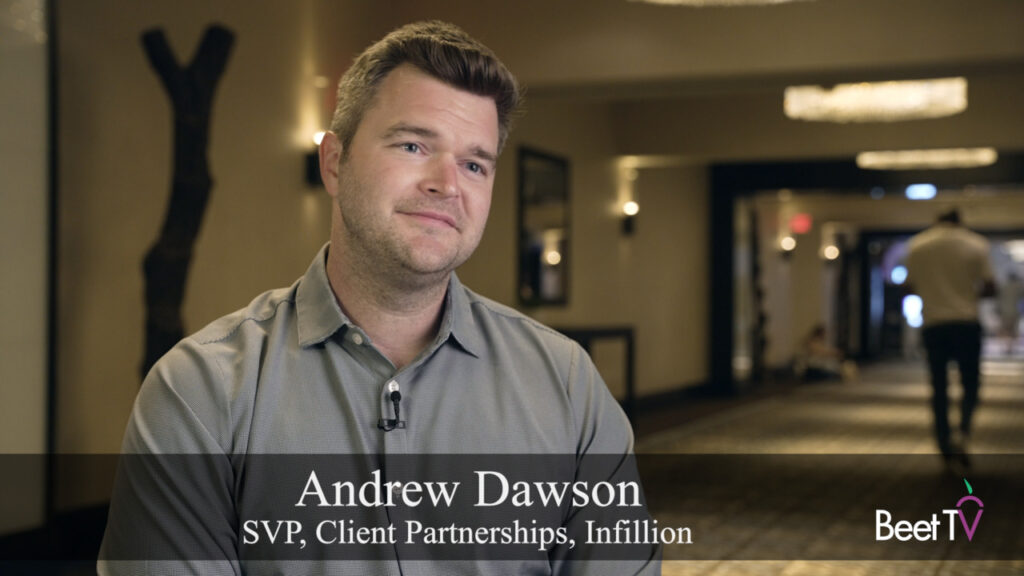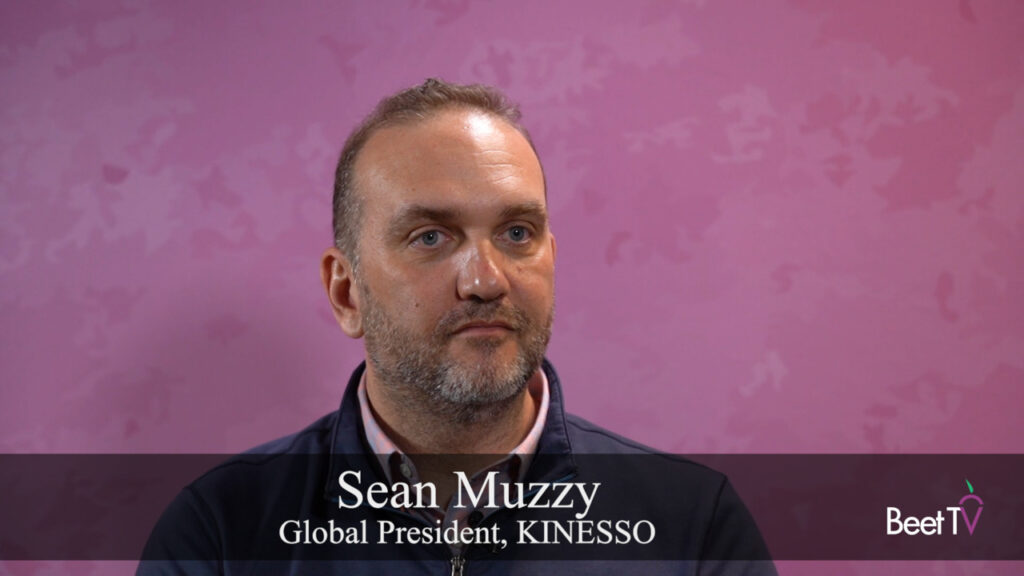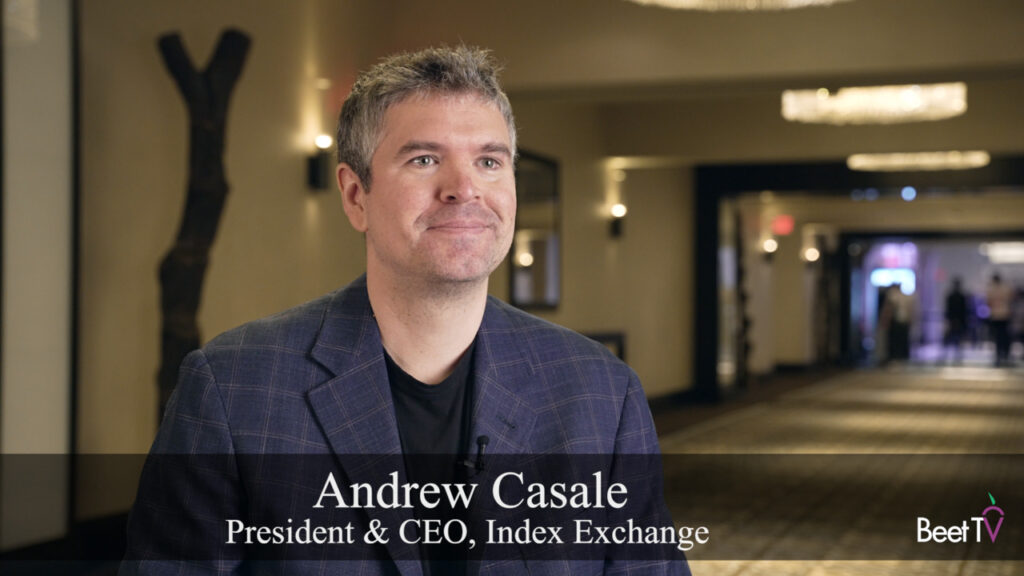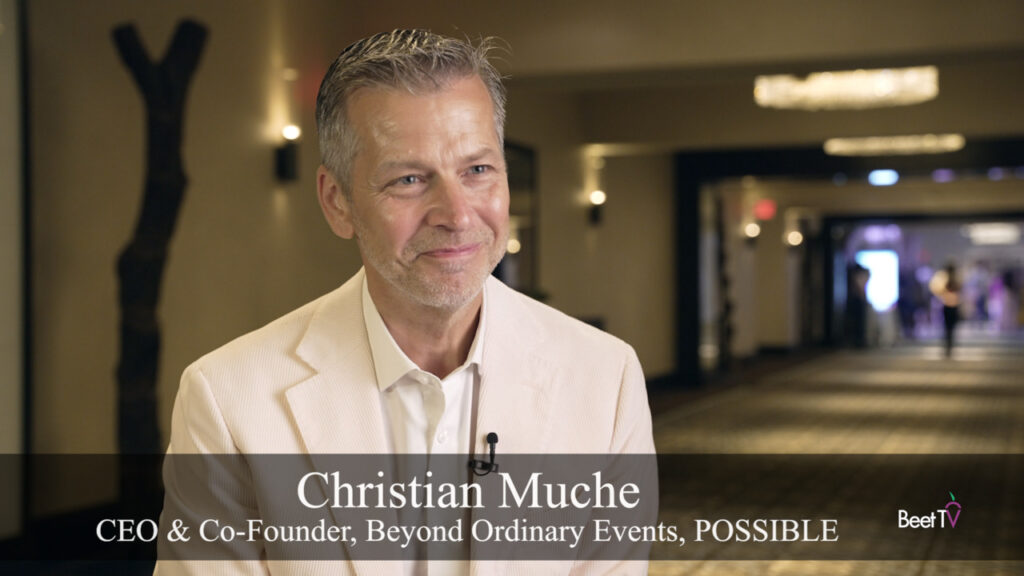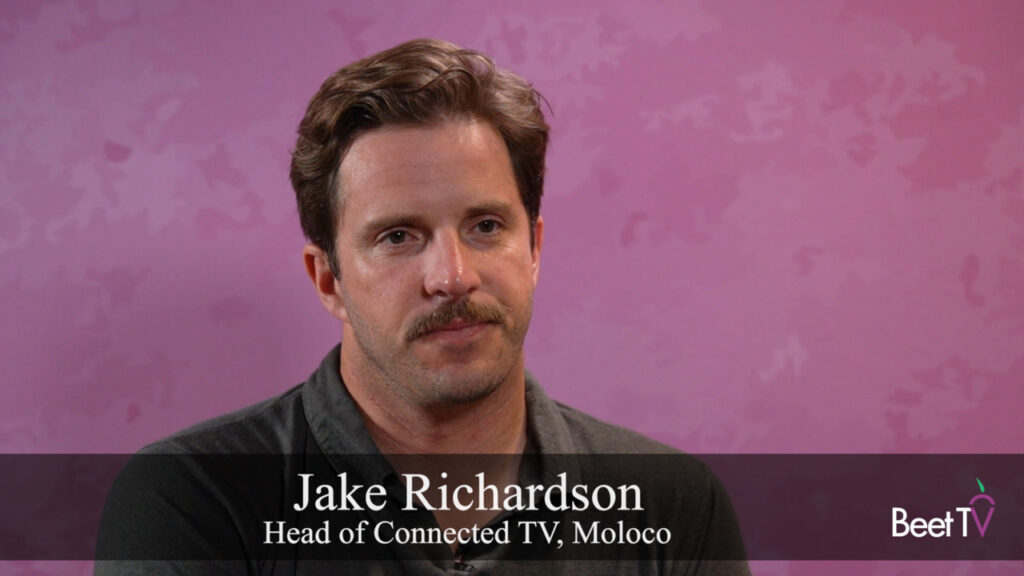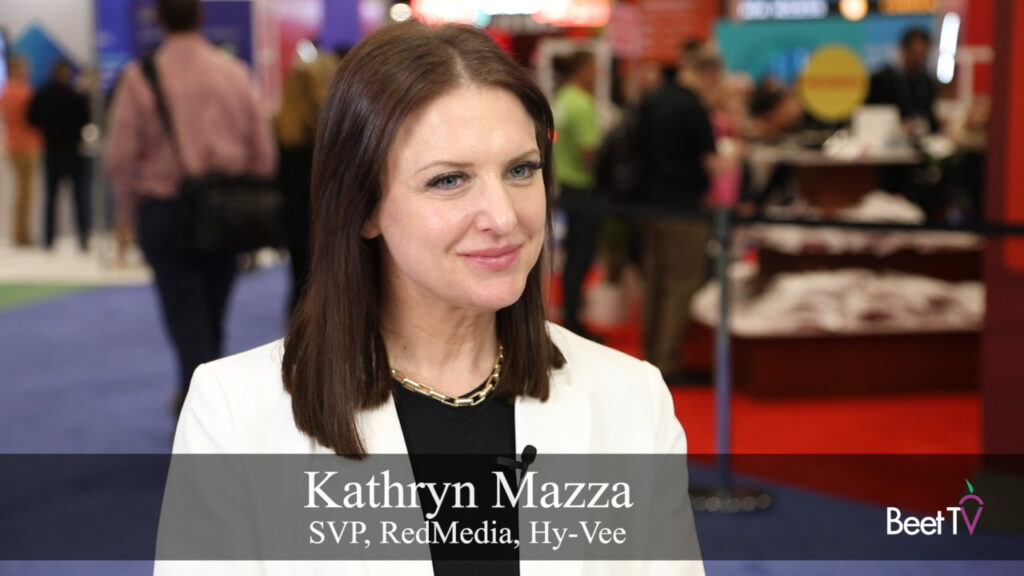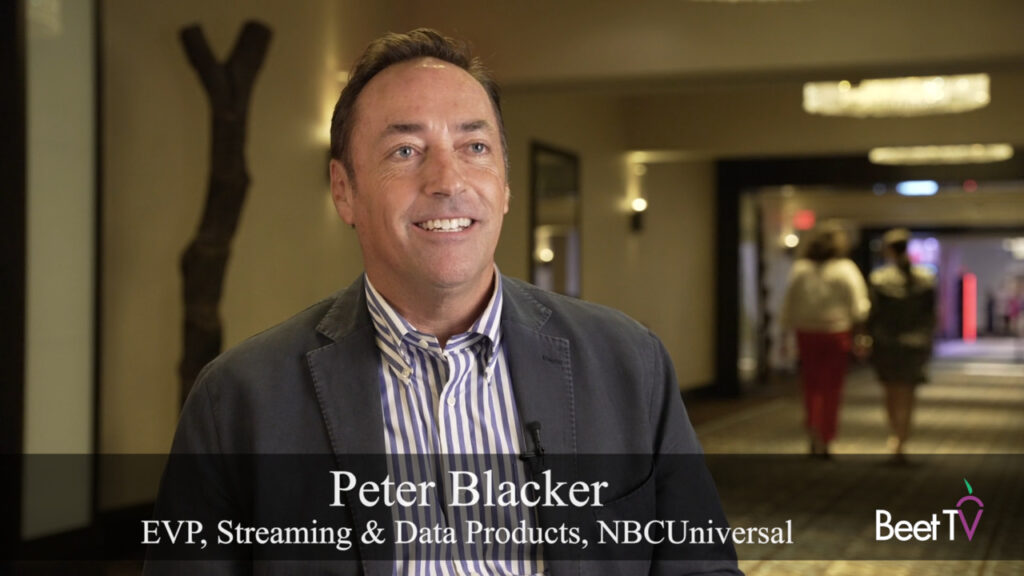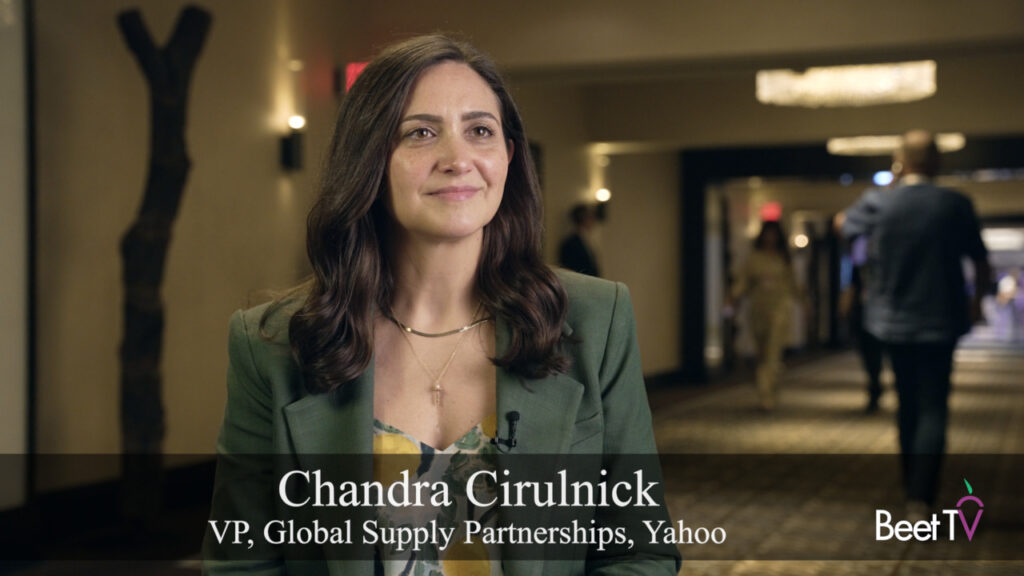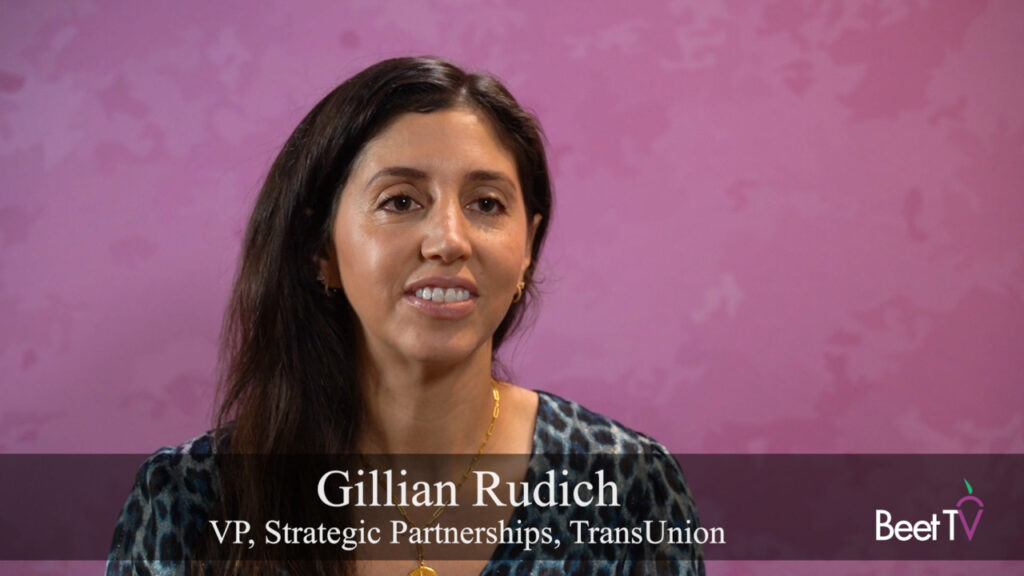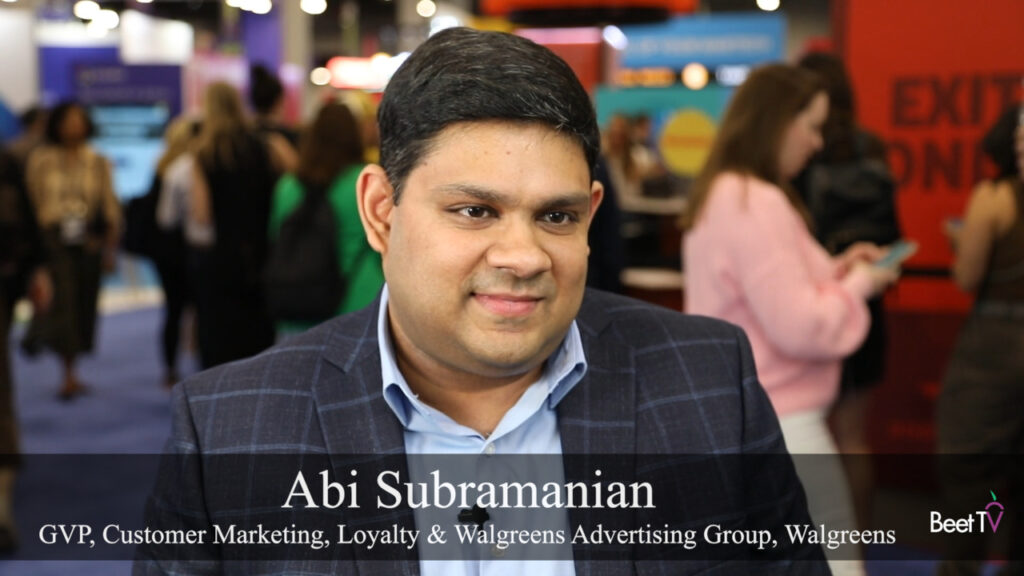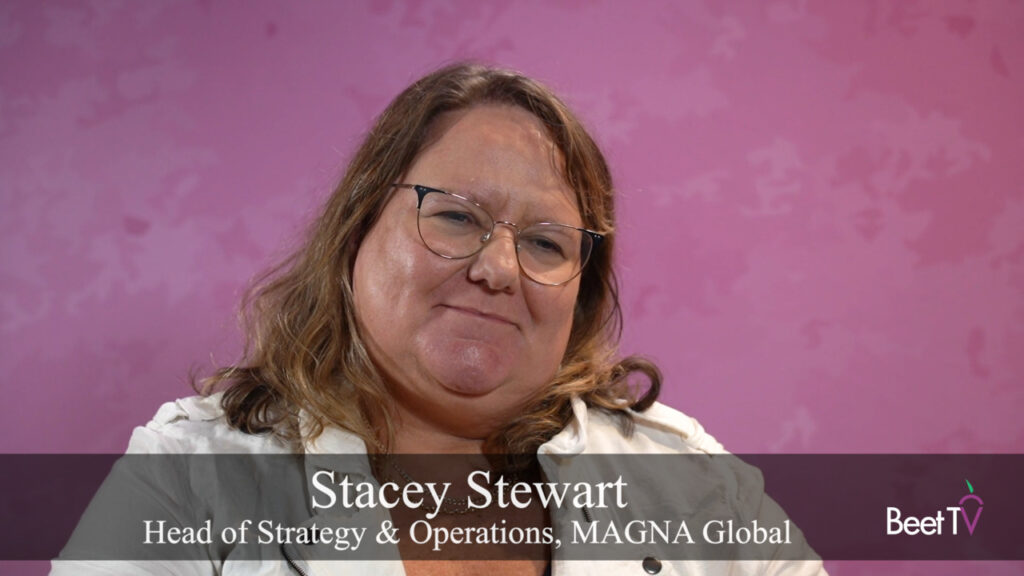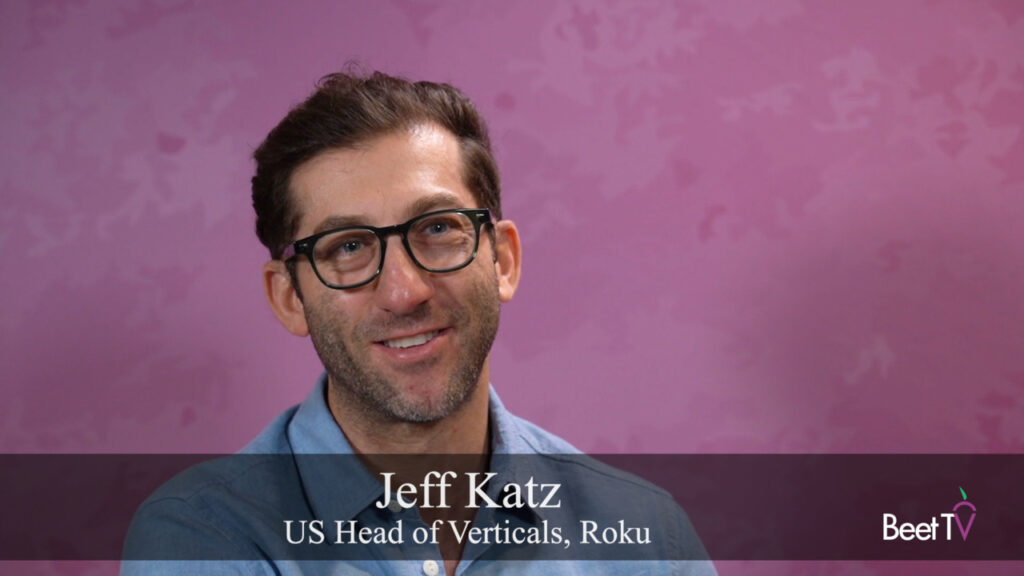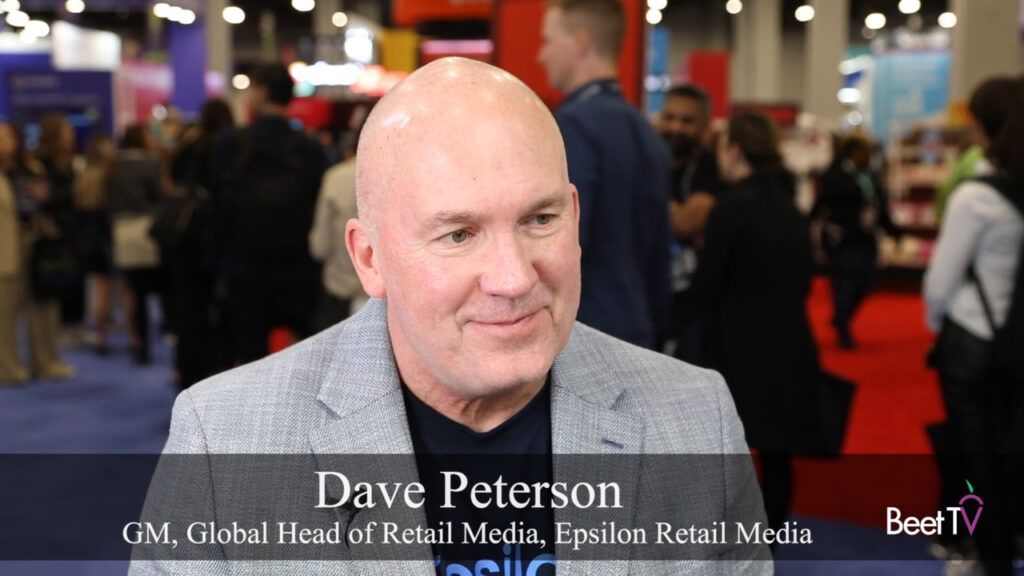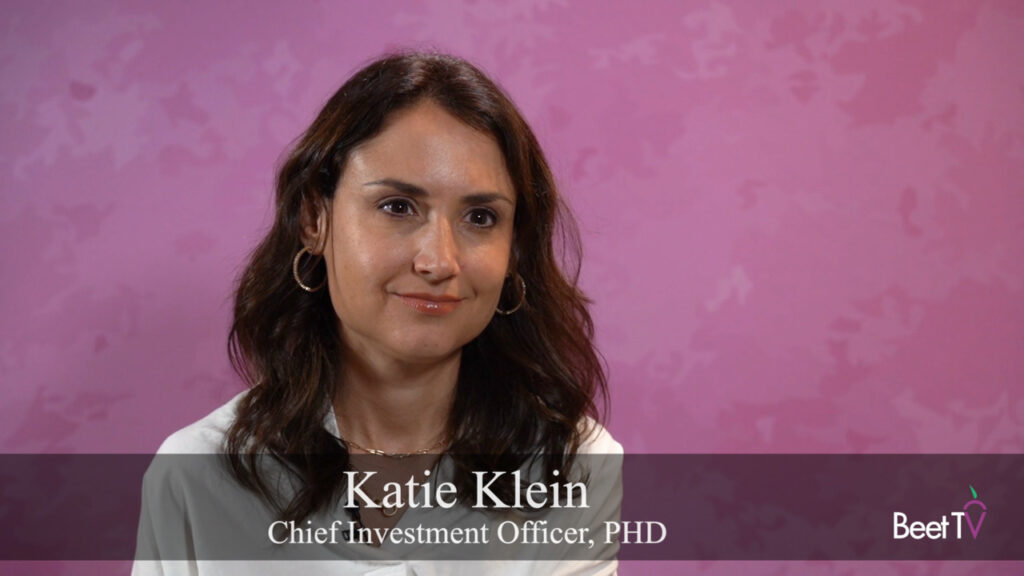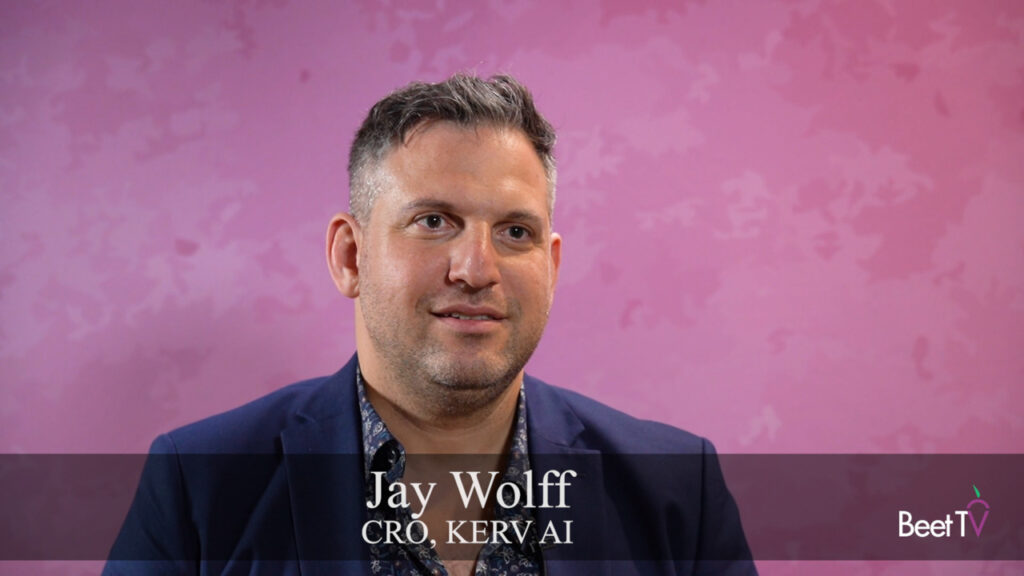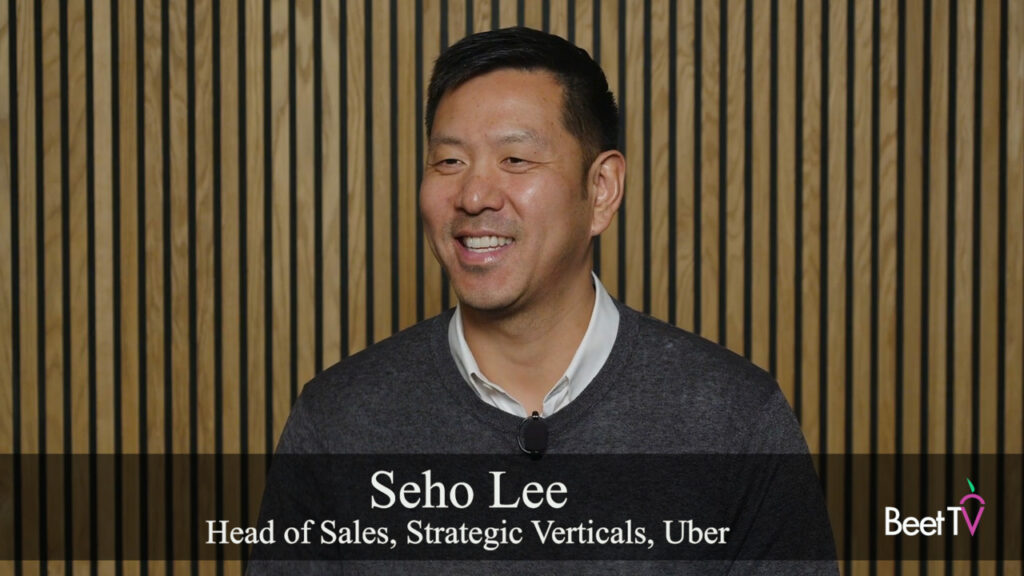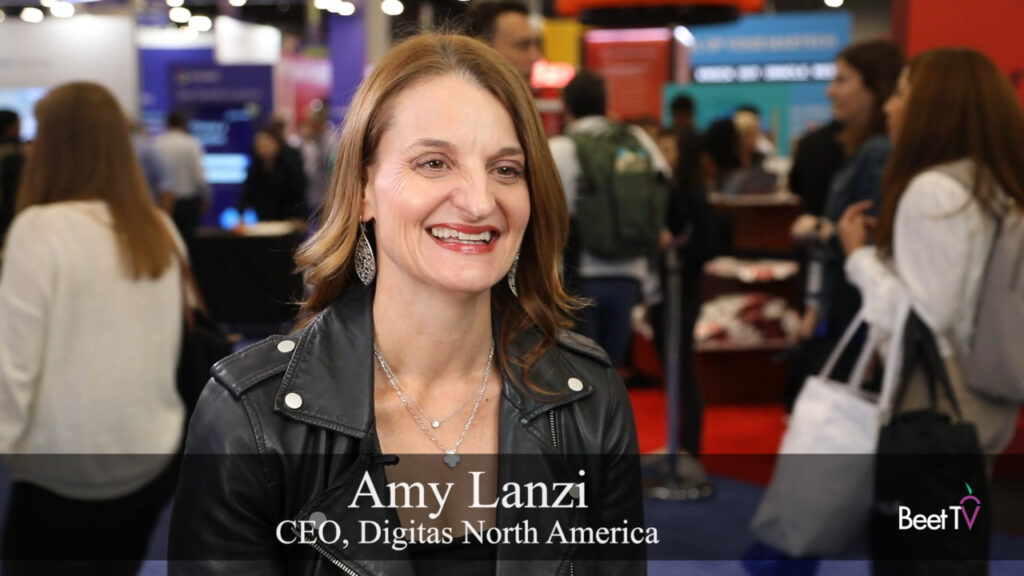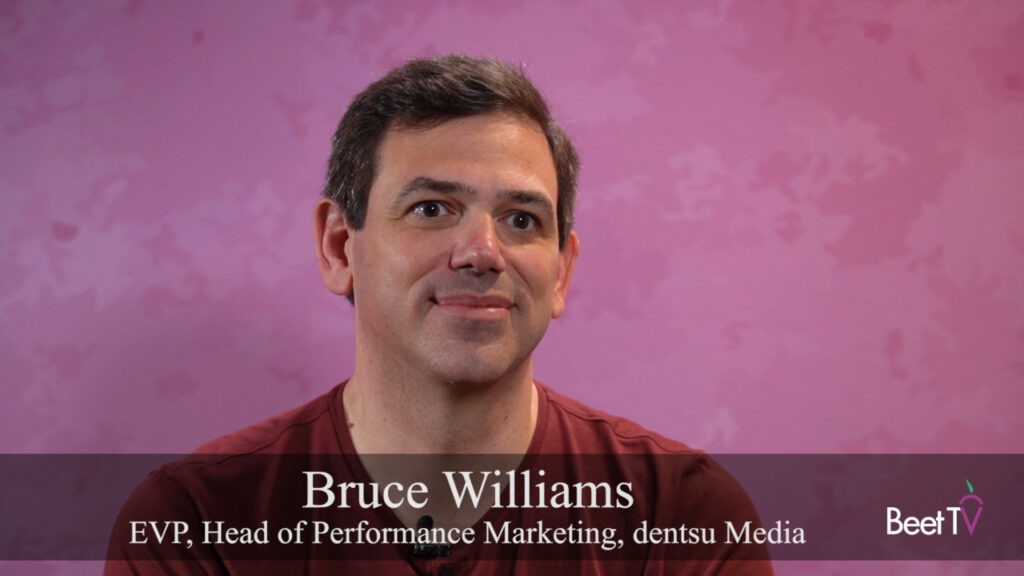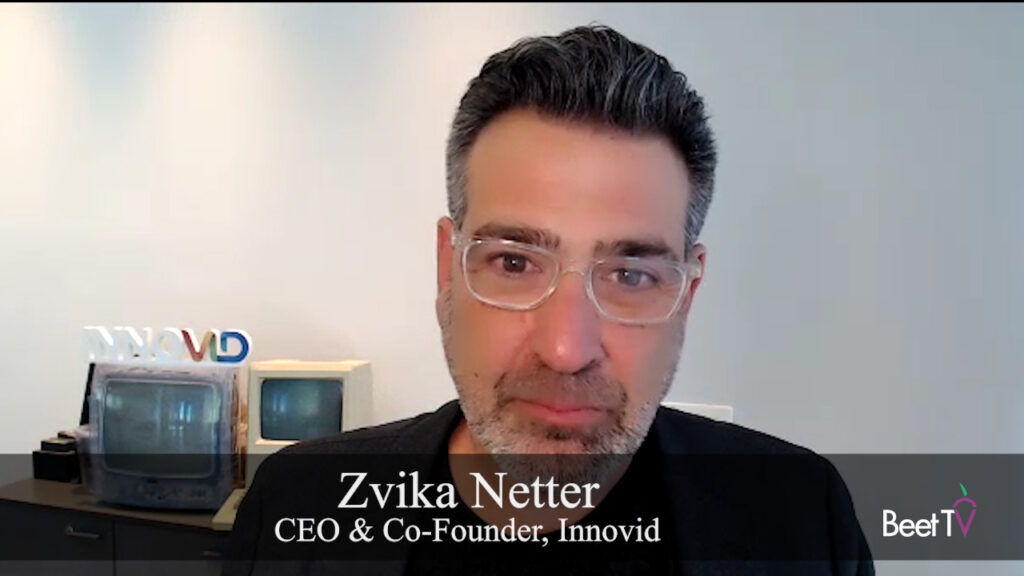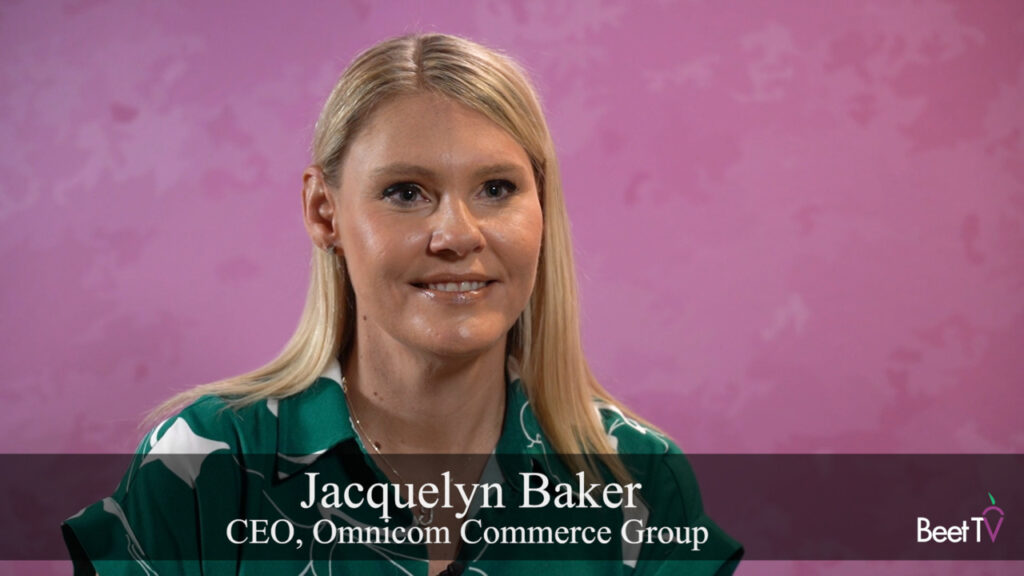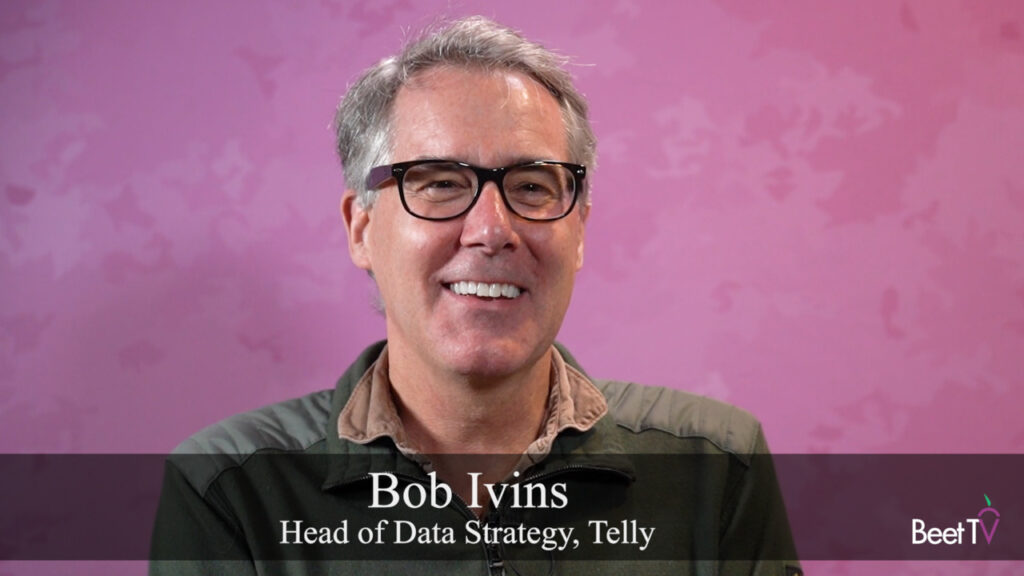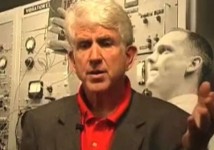
Neal Shapiro is longtime network news producer and former president of NBC News, now President and CEO of WNET/Thirteen, the flagship PBS station in New York.
He says that video journalism has changed but elements of success remains the same, truth, integrity and balanced reporting. I spoke with Neal last week at his Manhattan offices. We covered the changing nature of video journalism and the opportunities for WNET and PBS online. We also spoke about the nightly news program WNET is producing called Worldfocus.
Here's a New York Times feature story on Neal written by Elizabeth Jensen last year.
Andy Plesser, Executive Producer
You can find the post up on the Huffington Post.
Video Transcript
Neal Shapiro: Well we have a brand new show called World Focus. It's our international news show. And since we started this show from scratch, we said how we do it the most effective way we can. So instead of a huge satellite farm of dishes all over the world, we do almost everything FTP. So the advantage is that we get all our stories every day literally are from computer to computer, edited in the computer. So instead…so our news operation: there's not a sea of edit rooms, there's not a huge satellite master control, it's all done online. What's great about it is the viewers can't tell, and I think we as media producers have to start looking at what we do and saying why are we doing this way and if honestly the audience can't tell, we ought to do it in the most effective manner there is. And in this case that's using online much more than we have been.
Andy Plesser: Now let's talk about you know video journalism in the web…era of the web. Is it different than sort of traditional video journalism or the same or how do you see it?
Neal Shapiro: I think it has a lot in common and a lot of things make it different. In terms of good solid journalism, I think that's always going to be the same. And I think the news that will endure and the contributions that will endure will be about truth and integrity and well balanced and fair reporting, and that is what will always, I think, win the game at the end of the day. But what's different about it? Well the price point, the access in what you can do online is so much different. Anybody can spend now $700 a get a great camera and go out in the field and start producing things. There is much more content around than there ever used to be. And has all kinds of impacts. One is just the days that there are any story breaking everybody's got a camera out, so suddenly there's a lot more amateur video around. Secondly, I think people can use it to express their own opinions. And especially as younger generations come along who are increasingly comfortable with digital tools, you're going to see people doing their own multimedia presentations on how they see the world or what messages they're trying to get out. And that's different.
Well I think everybody's trying to figure out exactly what it means. You can see many of the big cable operators soliciting breaking news. You know at CNN or MSNBC: "Send us your video and we'll use it." We in public television have tried something a little bit different. When we've done really big mega projects like the Ken Burns WWII story. We solicited content. We went on the internet and said, "If you or someone you know fought in the war on the home front or overseas, interview, do an interview, send it to us," and we took all of those interviews and knitted them together into one hour. And the interesting thing about it was some of those interviews were not beautifully shot and the sound wasn't perfect, the lightning wasn't perfect. What was perfect was the sense of authenticity since someone's really telling you their story in an unvarnished totally truthful way. And there was that integrity to the work that I think really made some of those injuries really pop.
Andy Plesser: How do you hold on to your audience that you have and find new audiences?
Neal Shapiro: Well, in one case, I'm actually happy we have held on to the audience, which is quite an achievement this fractured media universe, but we can't stop with that. We do want to reach different audiences, younger audiences, newer audiences. And we can do that with a number of ways. In a world in which there are 500 channels or on the web when there's an infinite choice, I think branding is going to mean something. It will help people make sense of the world and say, "What names do I want to hold onto? What brands will mean something to me?" And the qualities that people ascribe to WNET–intelligence, integrity, imagination–those are some great qualities to have. And increasingly when you zap around the dial, you can find plenty of programs don't have those qualities, so I think there will be something special about public television that will last and people will find it. And maybe as I…we'll see what happens though, they'll start to constrict their universe, they'll start to say I can only pay attention to fifteen channels, fourteen channels, or twelve channels, or fifteen or fourteen or twelve sites. And I think we'll be one of those sites.
We're building a brand new studio at Lincoln Center on Broadway and 66th. Two story, all glass. It'll be a great way to boost some of our programs and let the public see us. So programs like World Focus or other programs will be taped right there and people can see it. We'll do some of our fundraising programs when we're appealing for money to the city, you'll see the city behind us. We're very excited about doing work with Lincoln Center itself. This may be the only case in the history of New York where two great cultural institutions came together because they wanted to. We just had a couple meetings with them but we are both very excited about the possibilities of all the great work that appears every day in Lincoln Center and our ability to put it on television or online and that people appreciate it.
Well we're certainly revenue challenged as is every nonprofit, but I think the web can help us in this way. In the same way the web helped put Barack Obama in the White House. It wasn't the only thing, but he had a terrific web strategy. And part of, I think, the application is to find something which people are passionate about, find something which there's some urgency to, find something which can really affect their lives, and find something with an inspiring mission. And I've described public televsion.






